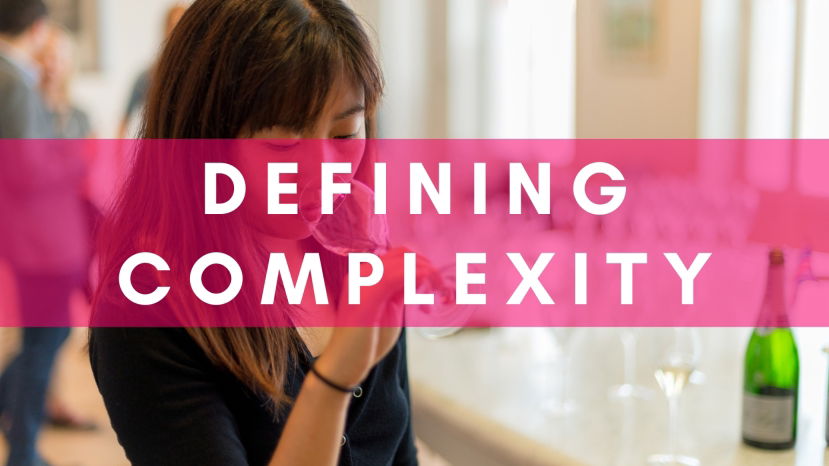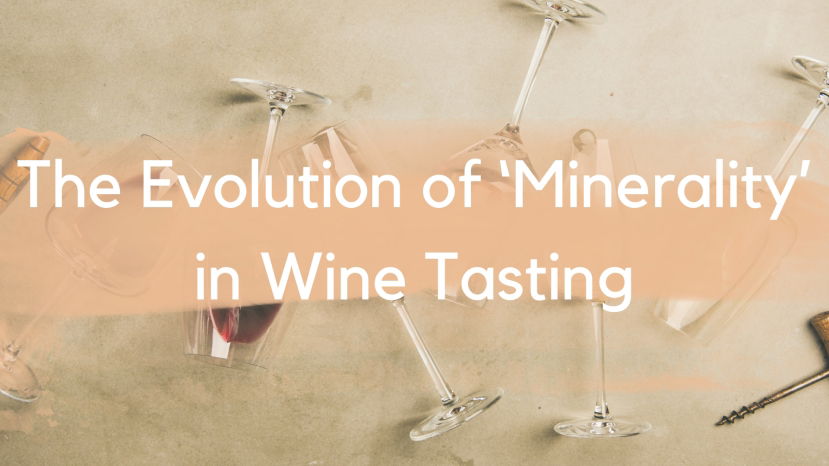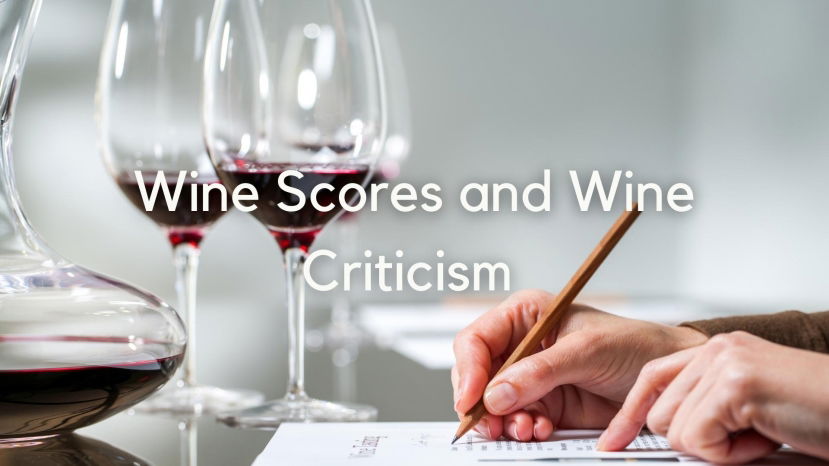BLOG
tasting
Summary: What does complexity mean in wine? Many people talk admiringly about complexity as a positive and desirable attribute in wine. However, it is often unclear what exactly they have in mind when using the term. In this talk, I will address various ways of defining complexity, and what experimental evidence has revealed regarding how people – both novices and experts -
Summary: This seminar explores the history, evolution and application of ‘minerality’ in wine tasting notes. In the rich lexicon of wine terms that have developed in the modern era, few have proved more important, and more divisive, than this one. Justin conducted a content analysis of more than 20,000 tasting notes published in the UK’s Decantermagazine from 1976-2019, to chart for the first time the possible origins of the term, how and when
It is a regular occurrence, even for the most accomplished wine aficionado: a loss of words to describe exactly what’s going on in the glass. Try as we might, the language of wine will always be a tricky landscape to navigate. But, as educators and students of wine, it is a necessity. Whether scratched into a notepad or typed into a report, tasting notes help us commit our experience to memory, and serve as a vital avenue for sensory translation. Nonetheless, issues abound when it comes to finding a common understanding of these experiences. In this edition of our Great Debate series, Andrew Jefford — wine writer and the Wine Scholar Guild’s Academic Advisor — is joined by William Kelley, wine critic for Robert Parker’s Wine Advocate, to discuss a host of issues facing the language of wine and its primary vehicle of communication: the celebrated (or maligned, depending on your point of view) tasting note. “A good tasting note should communicate as relatably and usefully as possible the character and perceived quality of the wine,” notes Kelley, who reviews roughly 5,000 wines annually from Burgundy and Champagne for his publication. However, he cautions, “it is a very limiting genre.” By and large, Jefford agrees, but he also calls for “an equivalent of the ‘natural wine’ movement for wine writing” to refresh the possibilities and broaden the perspectives of wine language worldwide. In the end, this debate is a fascinating look into the process of crafting tasting notes from two of the industry’s most accomplished practitioners. But both admit that there remains plenty of open area for discussion on how to best utilize language to communicate the magic (or lack thereof) in the glass.



